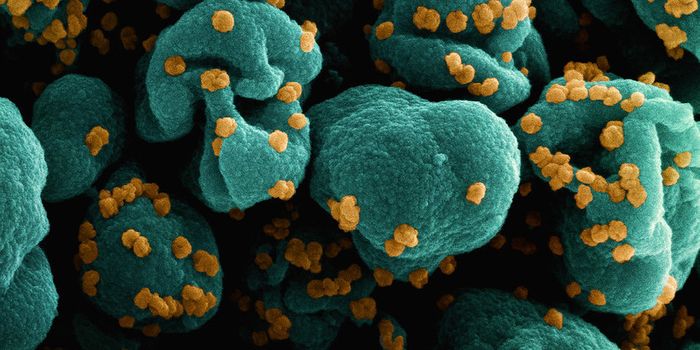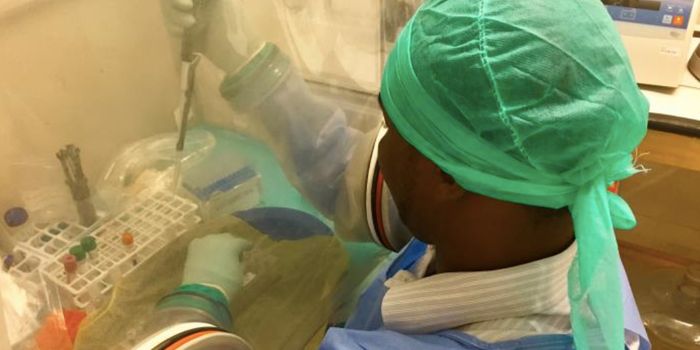The Loss of a Sense of Smell May be a Major Symptom of COVID-19
A notice authored by Claire Hopkins, a Professor of Rhinology at King’s College London and Consultant ENT Surgeon at Guy’s and St Thomas’ Hospitals has officially reported (along with many other anecdotal reports) that the loss of the sense of smell may be a symptom of a COVID-19 infection (which is caused by the novel coronavirus SARS-CoV-2).
According to Hopkins' report, one of the primary reasons why adults lose their sense of smell is a viral infection, accounting for 40 percent of the losses. Viruses that cause the common cold are known to trigger anosmia (the loss of sense of smell), and about 10 to 15 percent of known coronaviruses cause anosmia (the coronavirus that causes SARS is known to be a cause).
Data from several countries that have had outbreaks of the SARS-CoV-2 virus has shown that "significant numbers of patients with proven COVID-19 infection have developed anosmia/hyposmia."
South Korea has tested a huge proportion of their population, including young people that were asymptomatic. There, they found that as many as thirty percent of people testing positive for the virus had lost their sense of smell though they had symptoms that were mild or no symptoms at all. In Germany, over two in three COVID-19 patients have experienced anosmia.
Medical discussion boards have also taken note of the presence of anosmia in patients without other symptoms, and there has been an increase in the number of people reporting a loss of their sense of smell, without other symptoms, in countries like Iran, France, and the United States. These patients may be carriers of the virus that unfortunately are infecting other people but do not qualify for testing and may not be self-isolating.
“It is these ‘silent carriers’ who may remain undetected by current screening procedures, which may explain why the disease has progressed so rapidly in so many countries,” Simon Carney, professor of ear, nose and throat surgery at Flinders University in Adelaide, South Australia, told Bloomberg. He suggested that screening tests should track these symptoms.
According to a statement from the American Academy of Otolaryngology, “Anecdotal evidence is rapidly accumulating from sites around the world that anosmia and dysgeusia are significant symptoms associated with the COVID-19 pandemic.”
Their statement also mentions that dysgeusia, the distortion of the sense of taste, is another symptom of the infection. That is not surprising, considering that the two senses are closely connected.
Some doctors are confident that these sensory losses are only temporary, though it could be days or weeks before they return. In the case of one SARS patient, it took two years for the sense of smell to return.
Related: COVID-19 - What To Do If You Get Sick
"This annoying and temporary symptom is likely due to inflammation of the nasal passages and associated infection of the nasal nerve cells responsible for smell," said Robert L. Quigley, MD, senior vice president and medical director for International SOS.









